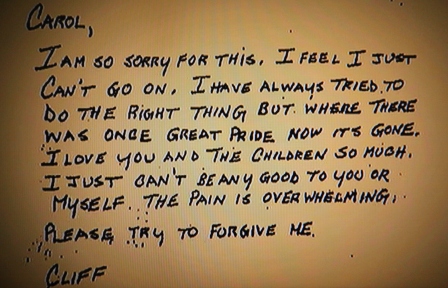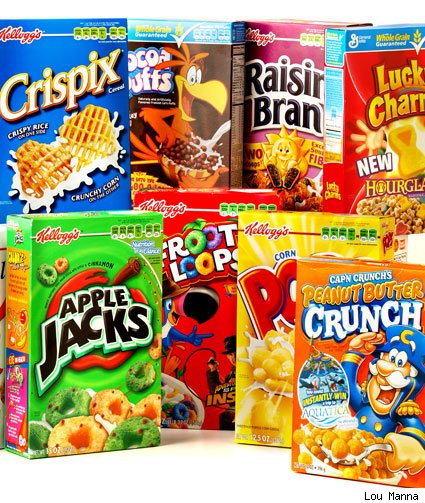
 Enron was an American energy and service company, and for many years held the position of the world's leading electricity, natural gas, and communication company. Fortune magazine named Enron "America's Most Innovative Company" for six consecutive years, and in 2000 the company claimed revenues of nearly $101 billion. However, people soon learned of the very complex and creatively planned accounting fraud this company was pulling of for many years. Known as the "Enron scandal", it made the company a symbol of corporate fraud and corruption. Important characters in the Enron crisis were its CEOs - the main players in the game.
Enron was an American energy and service company, and for many years held the position of the world's leading electricity, natural gas, and communication company. Fortune magazine named Enron "America's Most Innovative Company" for six consecutive years, and in 2000 the company claimed revenues of nearly $101 billion. However, people soon learned of the very complex and creatively planned accounting fraud this company was pulling of for many years. Known as the "Enron scandal", it made the company a symbol of corporate fraud and corruption. Important characters in the Enron crisis were its CEOs - the main players in the game.Ken Lay was on the highest position when the company went down, he stated that nothing wrong was done. For him, profit was more important then ethics or morals. Jeff Skilling was the visionary of the company, a man with big ideas. He re-created the industry by creating a new accounting procedure for Enron, which allowed them to speculate on the new deals of the company. They created the image and growth of the company of their deal's worth in the future - the value of greatness over actual value. Andy Fastow was a master at covering up truth for the company. He created fake companies to help hide the downfall of their rule. His work was in structured finance, and played up on people's greed to get money. Cliff Baxter had such trauma from hurting millions of people, that he committed suicide.
 |
| The suicide note, found in the car of Cliff Baxter. |
The company and its leaders were sure good at acting, as they had America convinced that they were smarter then anybody else. They thought they were changing the world, but reflected greed. They wanted to believe their perception was reality, although deep down it was obvious that everything was going horribly wrong on all levels.
In the end, nobody understood how the company made money, and it became clear that it was "all just games". People questioned their accounting methods. Nothing seemed to fit, and everyone on top was acting suspicious. The truth came out, when it was too late to do anything about the inevitable end. The company hit bankruptcy within weeks, and let over 22,000 people that were depending on them down. They could not out-think the system like they wanted to, so the men in charge scrambled to make as much money last minute as they could. They sold billions in stock before the company lost value, and transferred company profits to personal accounts. It was the biggest business scandal of the century. This economic fraud destroyed the market. The innocent employees and shareholders lost everything. Nobody could ever dreame in their worst nightmares that Enron would go down, let alone that fast. They were left without any value or money. Life savings of their shareholders, and retirement founds of their employees (saved in company stock or control) were forever gone. Main men in the game faced serious accusations, and those who did not commit suicide, are bound to spend their days in jail. They lost their dignity, value, respect, and now the whole world looks at them for the example of bad business ethics. Business owners should learn from Enron's downfall as ethics and success should always work hand in hand. They owned the world, but lost their soul in the process. Lost their sense of morality. Their life and great work became the land of illusion. Nobody should ever be such victim to arrogance, intolerance and greed.
It all just leaves you thinking with one; Is it ethical to drain out all money, to exploit people. Is it okay to do something, JUST because you can? I hope that this lesson thought us all that the answer is NO.








